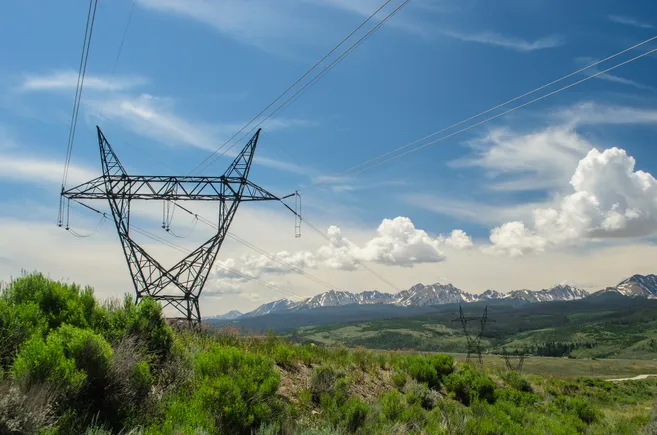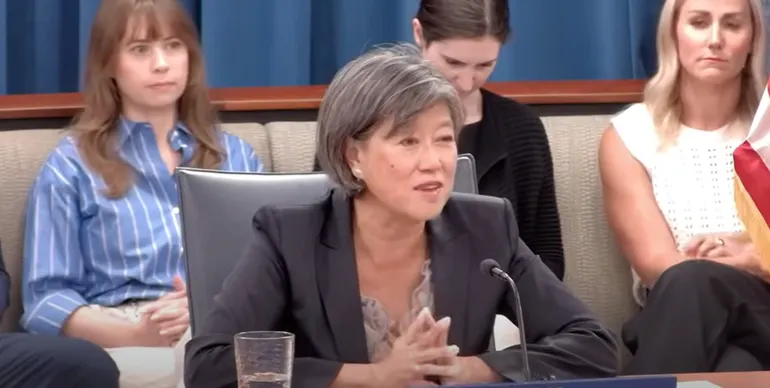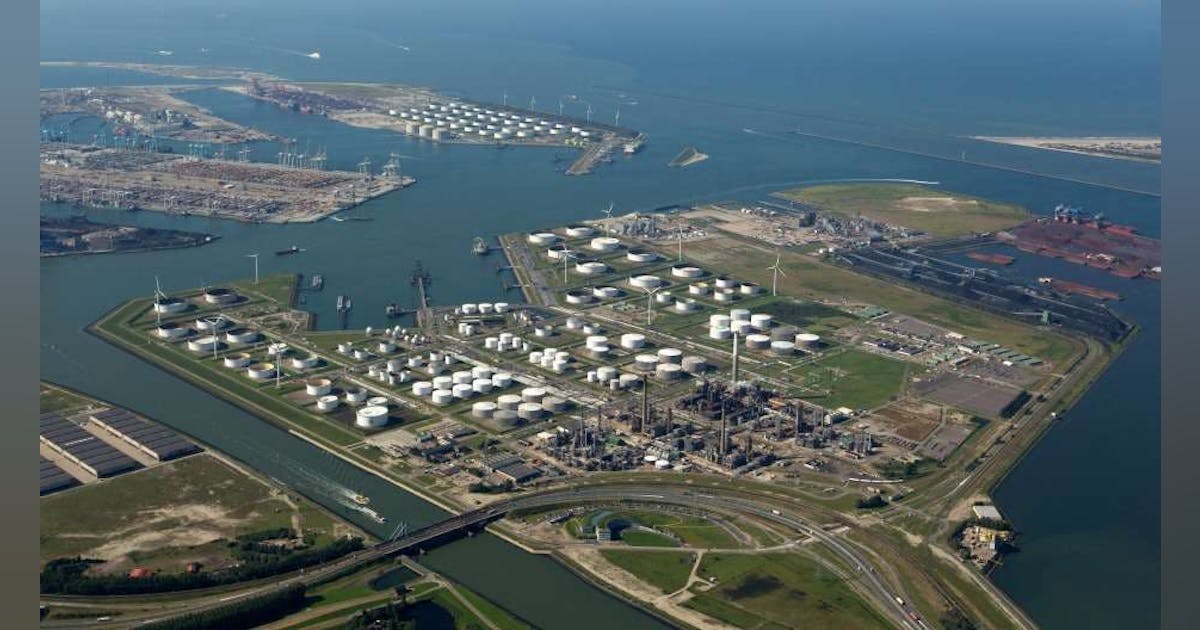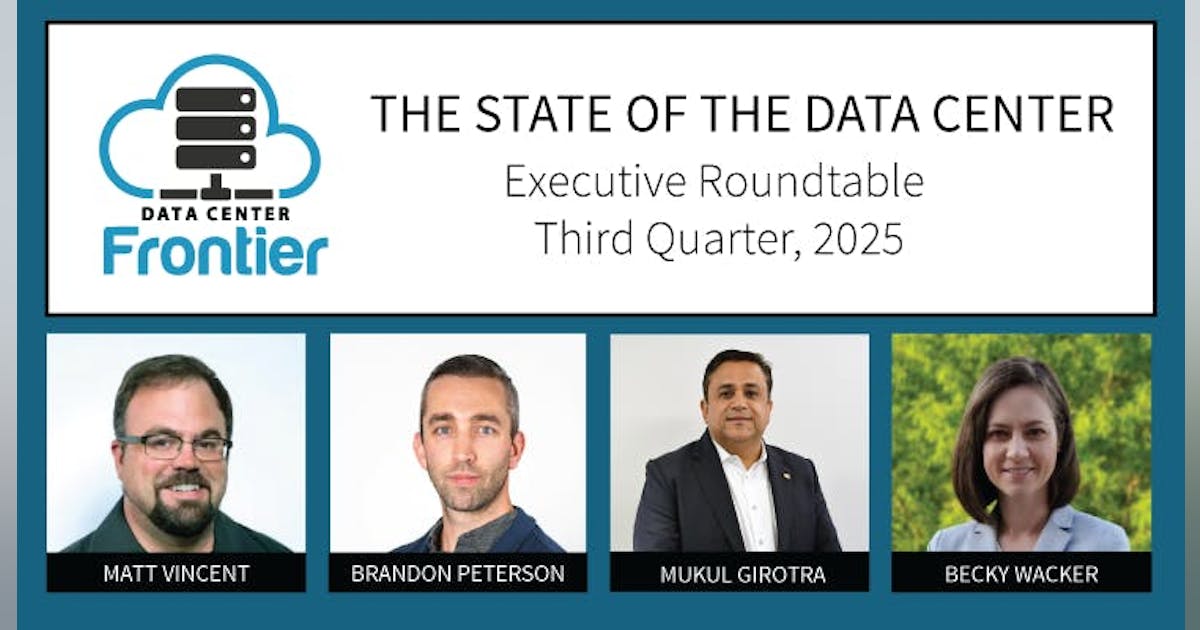
Brian Turner is the Western regulatory director for national trade association Advanced Energy United and serves on the West-Wide Governance Pathways Initiative Launch Committee.
They said it couldn’t be done. They said California would never relinquish control over the markets run by the California Independent System Operator.
That is why I helped launch the West-Wide Governance Pathways Initiative, a collaborative effort to create a fully independent organization that can manage Western electricity markets free from any one state’s control. The Pathways Initiative was designed to secure input and buy-in from a broad range of stakeholders on what an independently governed market could look like so we could build the trust needed to move forward.
And now, it’s happening. The California legislature, nearly unanimously, just approved Assembly Bill 825, a bill allowing the state’s utilities to participate in electricity markets governed by a new, independent West-wide organization. The new Regional Organization for Western Energy, or ROWE, will be incorporated in early 2026. Much like a popular new restaurant with a small plates menu, the ROWE will offer affordable, reliable energy services à la carte: Each state in the West can take what it needs to satisfy its energy appetite.
The table is set for each state to sit on an equal basis. No special service or extra helpings. Every state will have its consumer and policy interests respected and integrated through multiple mechanisms woven through the governance structure. In fact, the ROWE will have the most state- and public-interest-oriented governance of any wholesale electricity market in the country. The structure includes:
-
Board members selected not just for their electricity sector expertise, but for public interest experience.
-
A public policy committee of the board charged with maintaining communication with state officials and public power entities around the West and consulting with them on pending decisions.
-
A body of state regulators with staff and funding to reflect the interests of state utility regulators.
-
A consumer advocate organization with staff and funding to engage and represent each state’s official ratepayer advocate office.
-
An office of public participation to ensure less-resourced interests, as well as the general public, can effectively be heard.
-
A stakeholder representative committee with equal representation of all market stakeholders: public and private utilities, generators, customers and ratepayers, public interest organizations and providers of distributed resources.
The ROWE will be built from the ground up as a Western organization. It doesn’t cut and paste a model from an Eastern RTO, and it’s not beholden to Eastern utilities. Instead, it’s building on the tradition and time-tested model of Western cooperation. Westerners are fiercely independent; they don’t take easily to handing over the ranch to Eastern interests. They like to kick the tires and test it out, and they need to know they can walk away at any time if they don’t like it.
At initiation, the ROWE will offer two markets: a real-time (energy imbalance) market and a day-ahead market. Utilities can join one or both on a voluntary basis. Over time, as the ROWE is being built out, the menu of services will grow, with new services also voluntary and incremental. An ancillary services market, transmission planning, interconnection planning, and even balancing area consolidation could all be offered under the auspices of the ROWE. The ROWE is designed to eventually encompass all the services of a traditional RTO, but as an à la carte menu, if you will. Utilities can join in one or more or opt for all-you-can-eat.
It’s a uniquely Western model for the uniquely Western context.
And perhaps most important, this plan is built to deliver the broadest possible market with the greatest diversity of demand and resources. A grid bigger than the weather and all the vagaries of supply and demand. The West is experiencing demand growth not seen for generations, driven by data centers, economic development and electrification. Costs are skyrocketing. Extreme weather events are increasing. A balkanized grid is expensive and vulnerable, forcing excess solar and wind power to go unused while other parts of the region struggle to meet demand.
Being able to share resources more easily will drive down energy prices, reduce the threat of blackouts during grid emergencies and make better use of our existing infrastructure. Every state can maintain its own energy goals while improving grid reliability, reducing reliance on expensive peaker plants and creating more space at the table for new resource development to connect to the system. The bigger the market, the greater the benefits for everyone in the West.
The ROWE provides an independent, Western governance umbrella that can realize these benefits. It can become the truly West-wide market that knits together the diverse and abundant resources, economies and people of the West in respectful, voluntary collaboration. For 20 years, they said it couldn’t be done. Today, the table is set, the appetizers are ready and the customers are coming. Let’s dig in.






















